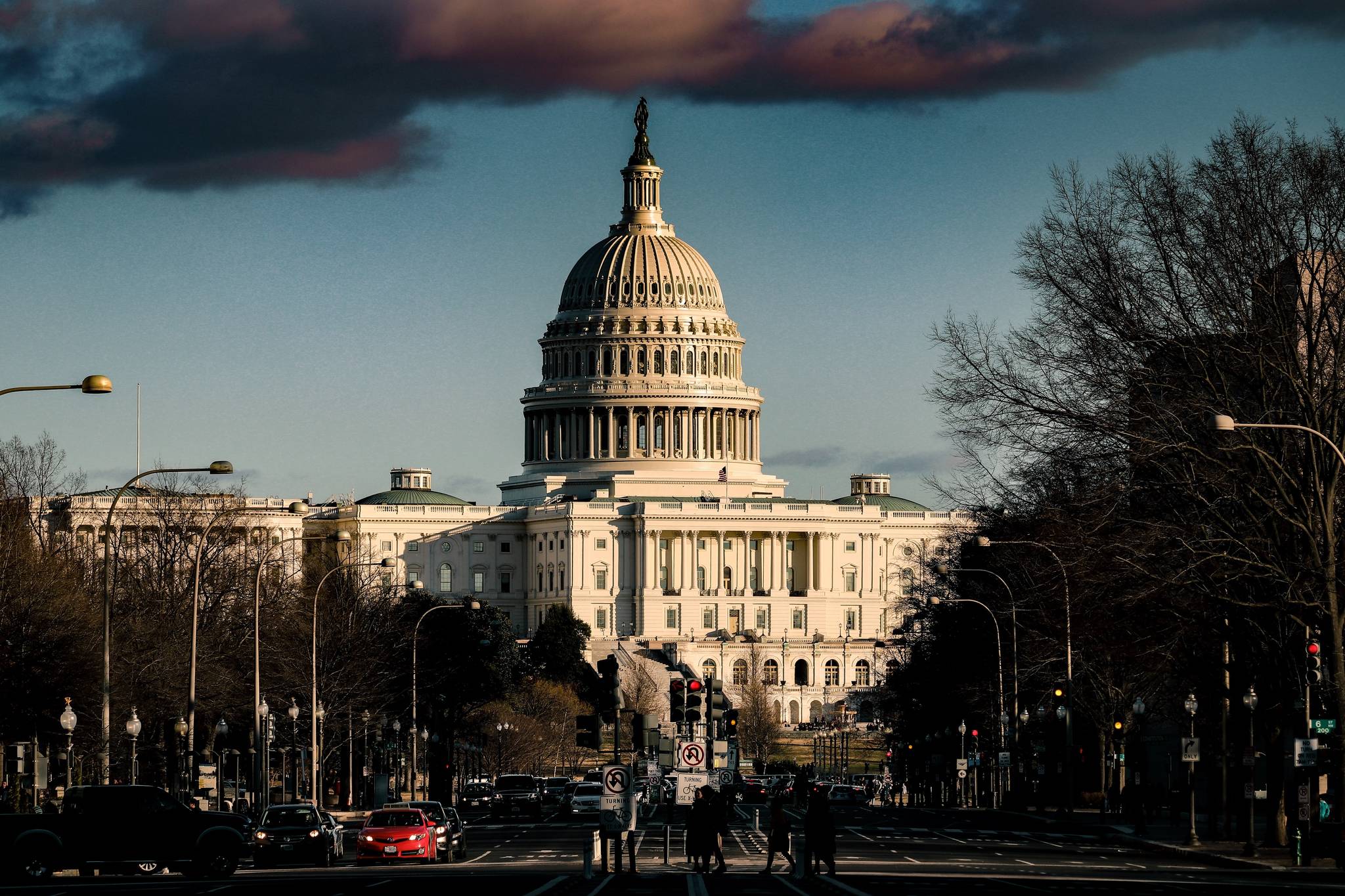By Ric Davidge
I have long been an advocate for Native rights, which started while a member of former Alaska Senator Ted Stevens’ staff in Washington, D.C. That’s why I’m so concerned about a new bill in Congress, called the Lumbee Recognition Act, that can seriously erode Tribal sovereignty for the more than 24 % of Alaska’s population that belongs to Native American tribes and nations.
A quick read of the bill’s text may give off the impression that it is “pro-tribe.” After all, its sole objective is to grant federal recognition to a group of people calling themselves the Lumbees of North Carolina. However, in reality, the legislation would set a dangerous and costly precedent for Alaska’s Native American population by politicizing the federal recognition process.
I used to work in the Department of Interior. For years, the Department has overseen a thorough, comprehensive vetting of tribal ancestry claims as a prerequisite to granting federal recognition. Some have bristled at this requirement, but currently it remains the only process by which it can examine questionable applications for federal recognition and protect other nations’ identities, cultures and share of federal trust funds.
The “Lumbees” have repeatedly declined to file a petition through Interior and have opted to have allies in Congress short-circuit the regular process for them with this Act instead. This is likely because genealogical experts and over 40 other tribes have raised serious questions about their authenticity, pointing to the fact that this group has allegedly never had a reservation or spoken an indigenous language. In fact, over the years, the Lumbees have claimed ancestry of at least four different tribes and nations. They appear to change their tribal affiliation to whatever is most convenient at the time of their recognition request.
To Natives, identity is everything and the differences between tribes matter. They define their heritages and the timeless kinships that have existed between their families for centuries. Congress has repeatedly rejected Lumbee recognition over the years because it has understood its limited ability to investigate these concerns and comprehended the undue harms the bill’s passage could cause to the rights, well-being, and identities of Natives throughout the country. That should not change — not today, not tomorrow, not ever.
While there are over 500 federally recognized Tribes in the U.S. (nearly half of which are located within Alaska), over 400 self-identified Native American groups would seemingly like to receive federal recognition. Patterns don’t take long to formulate in the federal government. If the Lumbee Recognition Act advances, little, if anything, would stop other groups from lobbying their representatives to pass similar bills. It could transform a process intended to protect Native American heritage and lineage for future generations into a political one that rests upon those who can hire the most lobbyists, eroding Tribal sovereignty altogether. That’s not fair or equitable for Natives — not by any stretch.
The good news is that Alaska Sen. Lisa Murkowski, the Ranking Members of the Indian Affairs Committee, has been a strong Tribal activist for decades. From strengthening Tribes’ public safety to bolstering their private property rights, Murkowski and her staff have developed a keen understanding for the concerns that face Alaska’s Native community. Here’s hoping she’ll take a stand for them once again by pushing back against the Lumbee Recognition Act once it comes up for consideration in her committee, as it inevitably will.
• Ric Davidge, of Anchorage is the founder and chairman of Alaska Roundtable and a former Department of Interior staffer. Columns, My Turns and Letters to the Editor represent the view of the author, not the view of the Juneau Empire. Have something to say? Here’s how to submit a My Turn or letter.

